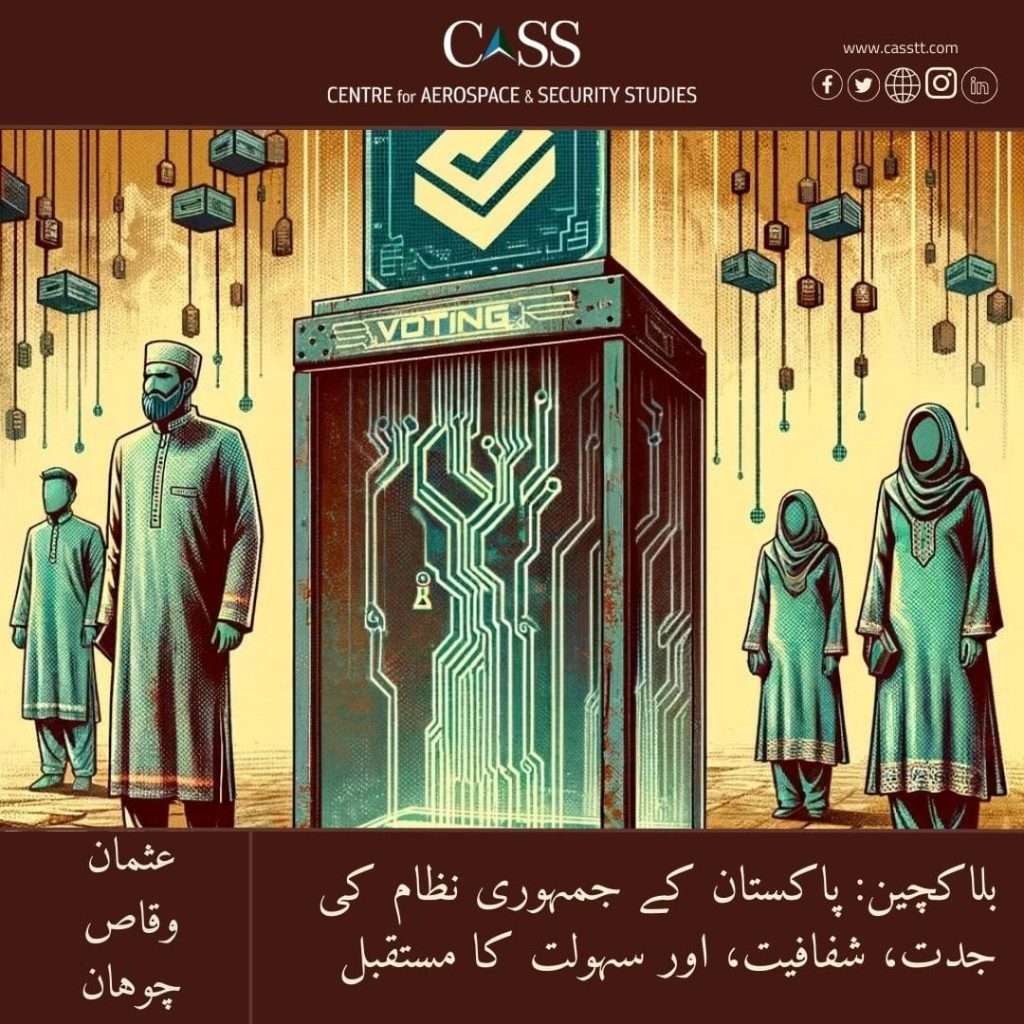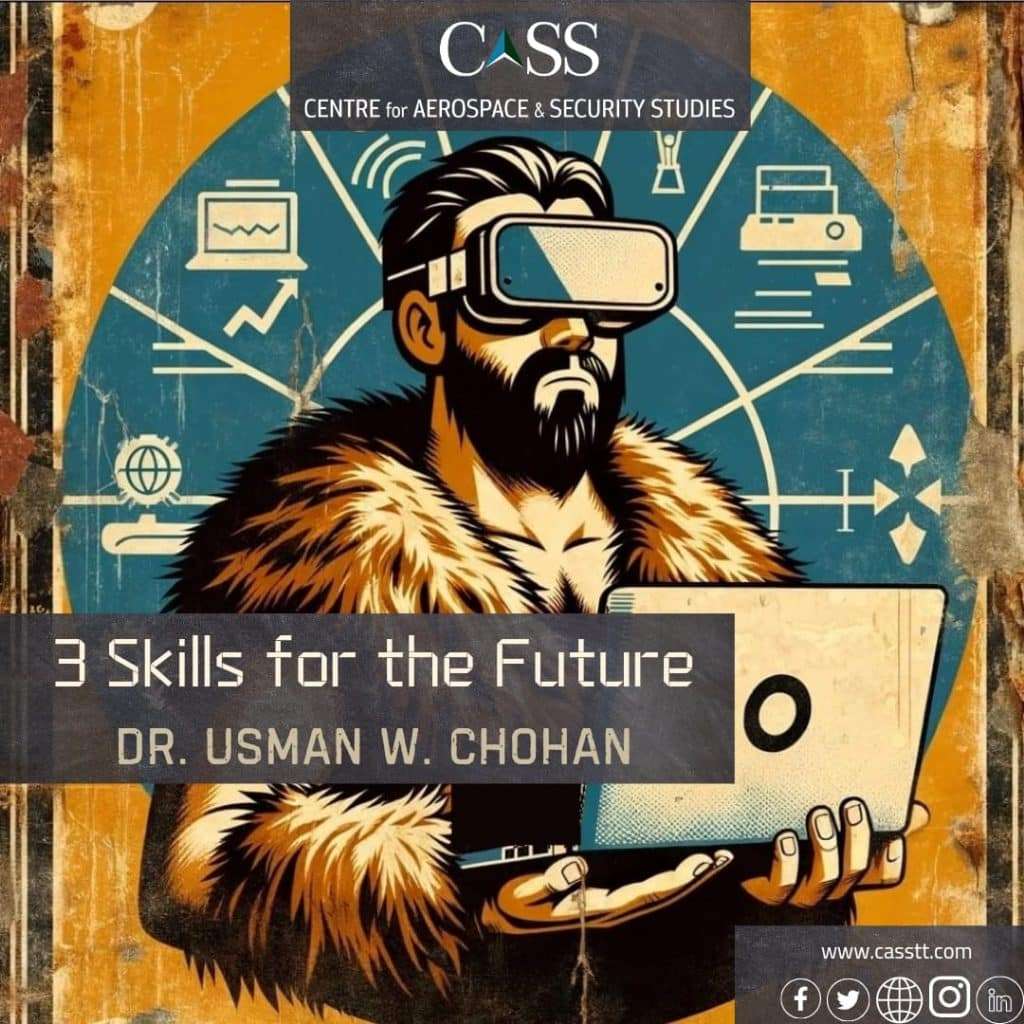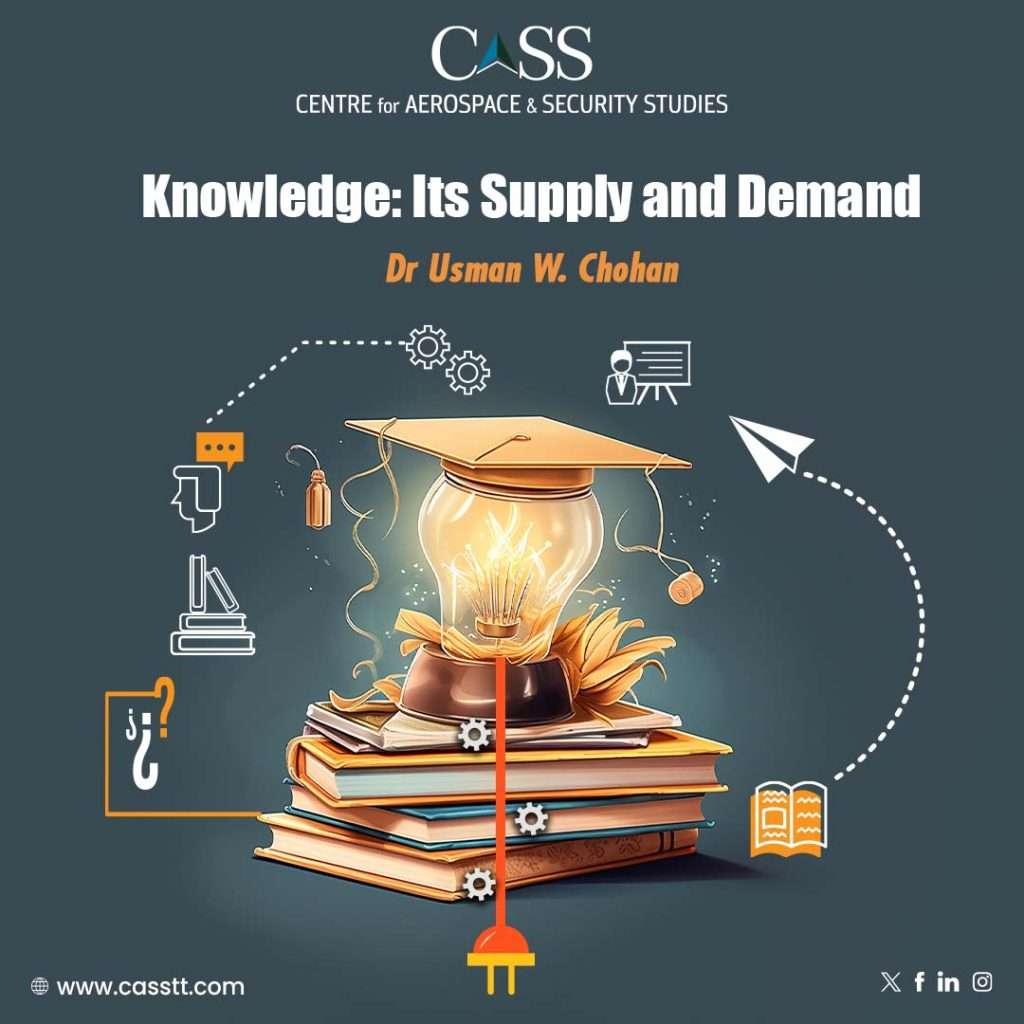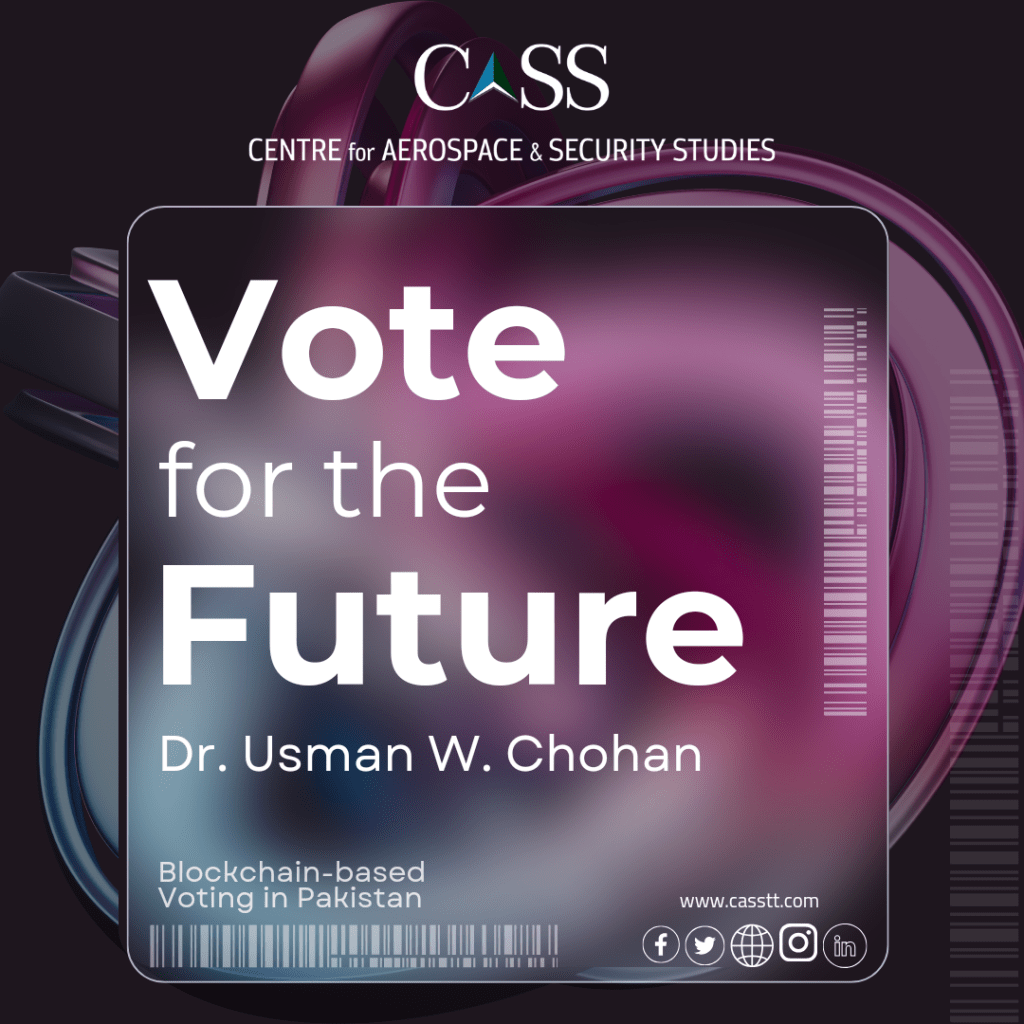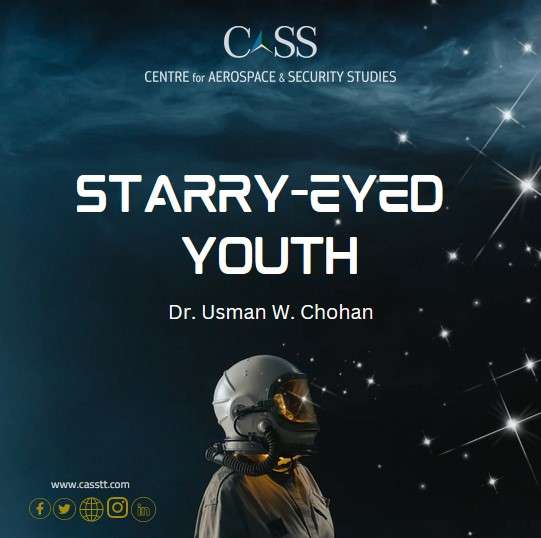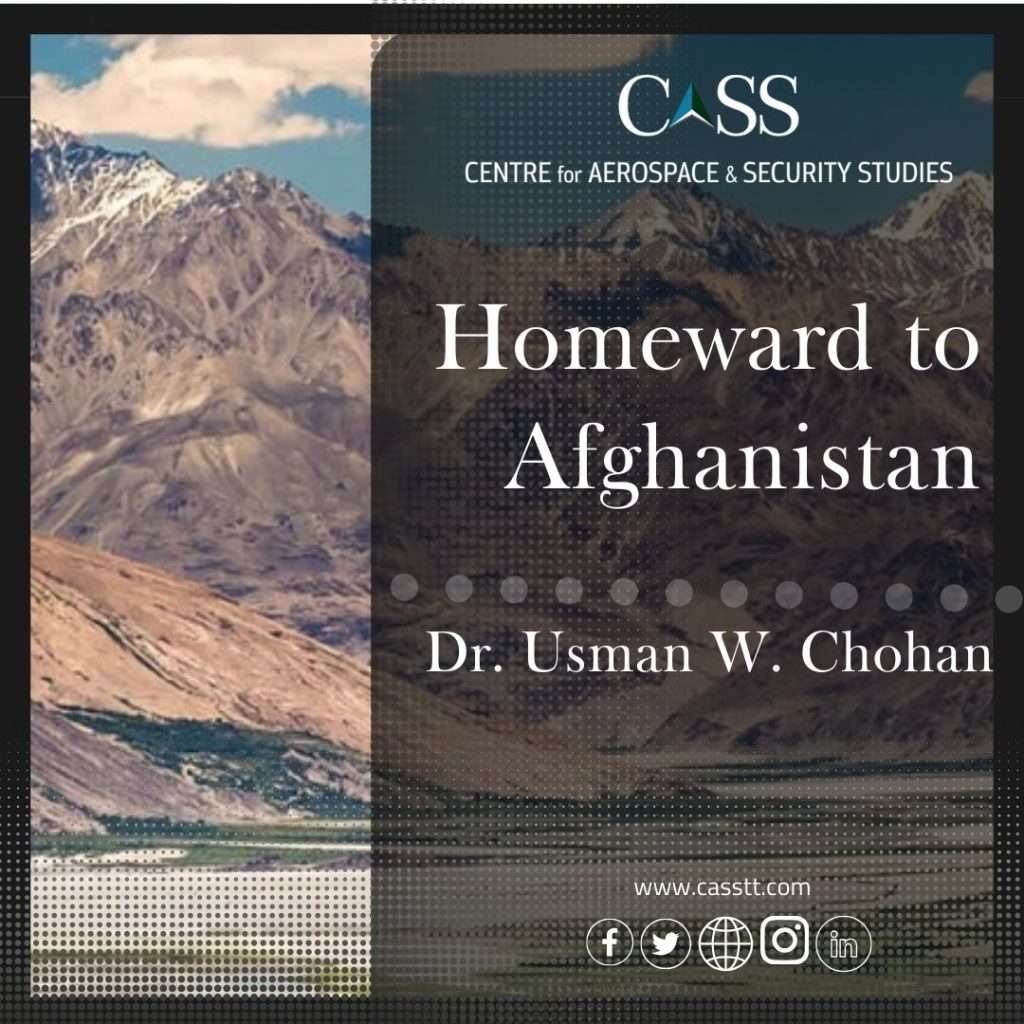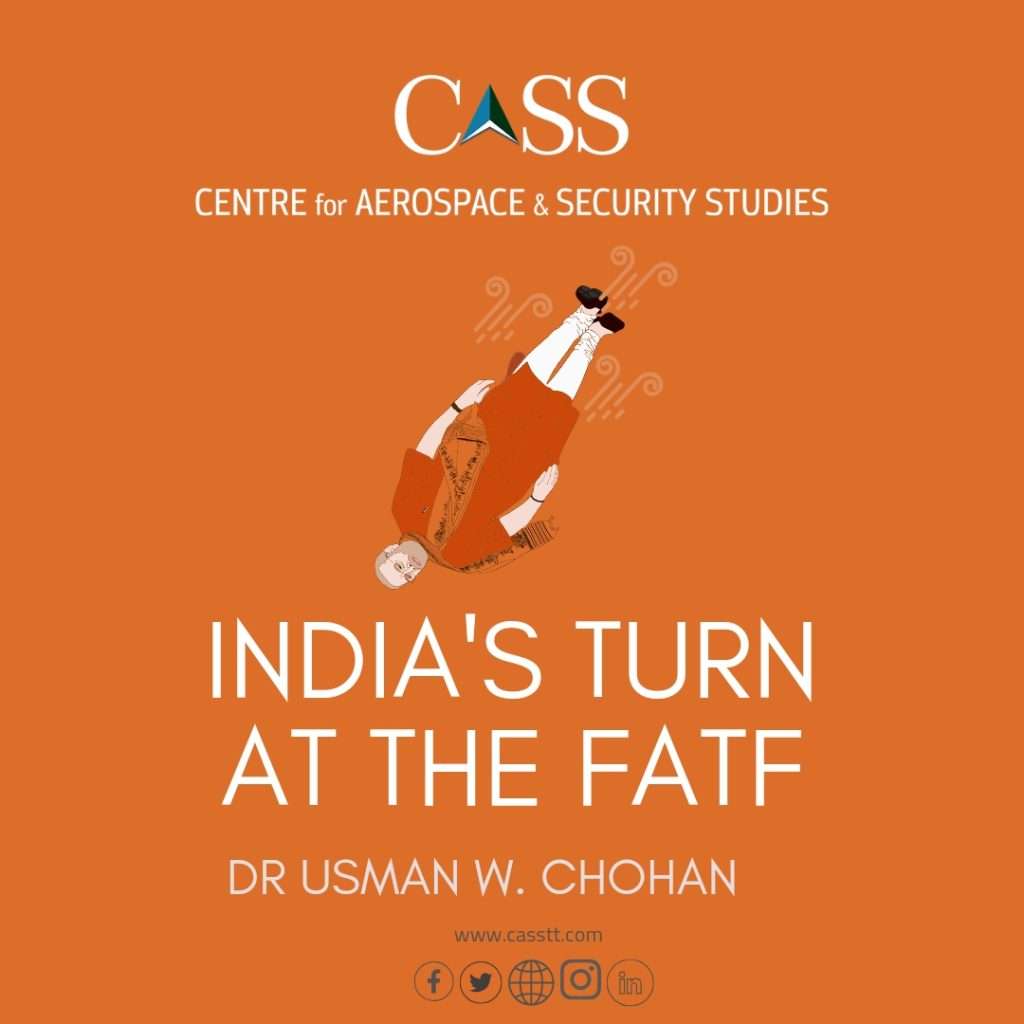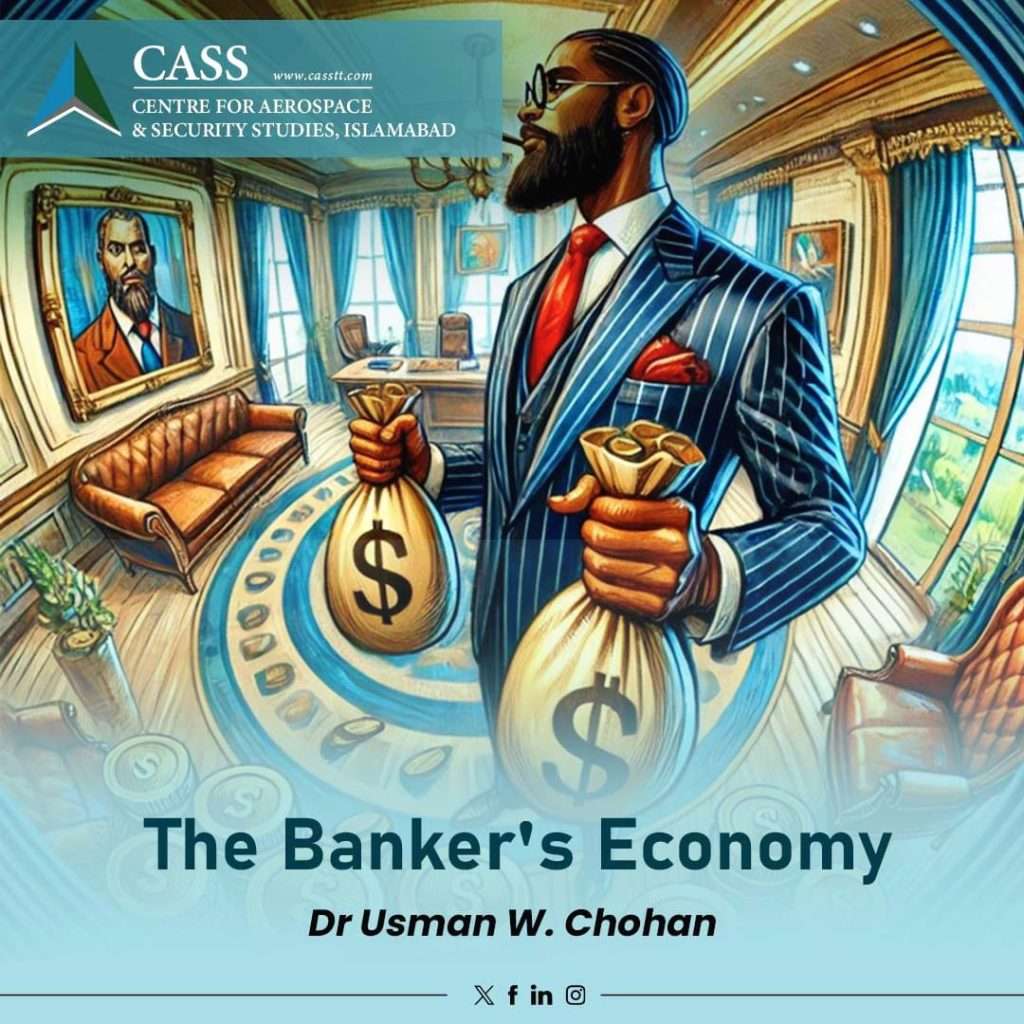
The Banker’s Economy
Many societies today face the economic problem of an “outsized” banking system, too powerful in its influence and too distortionary in its impact for the rest of the economy to function properly. In the United States, this problem is often framed as “Main Street vs. Wall Street,” and I have discussed the repercussions of the matter during
2591 views


